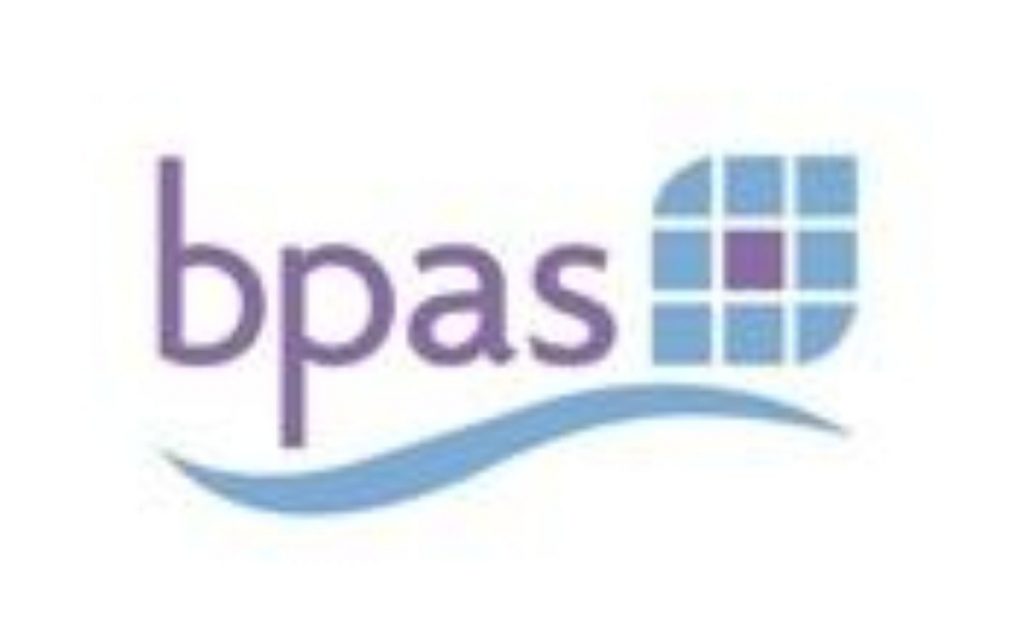bpas disappointed its interpretation of Abortion Act is not deemed viable
bpas is disappointed to learn its High Court bid to re-interpret the 1967 Abortion Act in line with advances in medical science has been unsuccessful.
The charity hoped that a legal re-definition of “treatment” would enable women undergoing medical abortion in early pregnancy to take some of the medication at home rather than in a clinic.
This would have put an end to women making multiple, medically unnecessary visits to clinics and eliminated the risk of abortion symptoms beginning – and in some cases the miscarriage itself occurring – as they travelled home after taking the tablets. It would also have brought UK medical abortion practice, governed by laws dating back to a time when termination of pregnancy was entirely surgical, into line with international standards of care.
However the charity is very pleased that The Hon Mr Supperstone J has ruled that Section 1(3A) of the Abortion Act as amended in 1990 enables the Secretary of State to react to “changes in medical science” as it gives him “the power to approve a wider range of place, including potentially the home, and the conditions on which such approval may be given relating to the particular medicine and the manner of its administration or use.” (para 32; our emphasis)
The increasing number of women using this form of abortion every year means resolving this issue is now a matter of great urgency.[1] Since we brought our case to court, the Royal College of Obstetricians and Gynaecologists has produced new guidelines noting the weight of evidence in support of home-use of misoprostol for abortions up to nine weeks and the importance of giving women choice of method. This new, evidence-based guidance was supported by the Department of Health. Given Health Secretary Andrew Lansley’s commitment to evidence-based medicine, patient choice and the liberation of clinicians, we assume he will wish to employ the powers the ruling highlights rapidly so that doctors may provide women legally accessing early abortion with the best possible care.
bpas Chief Executive Ann Furedi said:
“bpas will pursue its case to provide an early medical abortion service that is based on evidence and best international practice. Women deserve this, and we would be failing as a charity if we failed to advocate for the services women need.
“It cannot be morally right to compel a woman to physically take tablets in a clinic and to subject her to the anxiety that symptoms will start on the journey back when her doctor knows it is safe and indeed preferable for her to take these at home.
“If the law as it stands cannot allow what is safe, right and proper, then it is not fit for purpose and must be changed to reflect modern medical practice. But if the law as it stands allows the Secretary of State to approve a woman’s home as a ‘class of place’ for abortion then this is what he must do. We look forward to discussing with Ministers and officials how quickly this can happen.”
To request an interview or for a background briefing pack, please contact the press office on 0207 612 0206 or 07788 725185/07976 414751.
[1] ONS data shows that in England and Wales there were 67,836 medical abortions below 9 weeks gestation in 2009. These abortions now account for about half of all early terminations last year, compared to 18% in 2002. There were a further 6,531 early medical abortions in Scotland, ISD data shows.





-01.png)